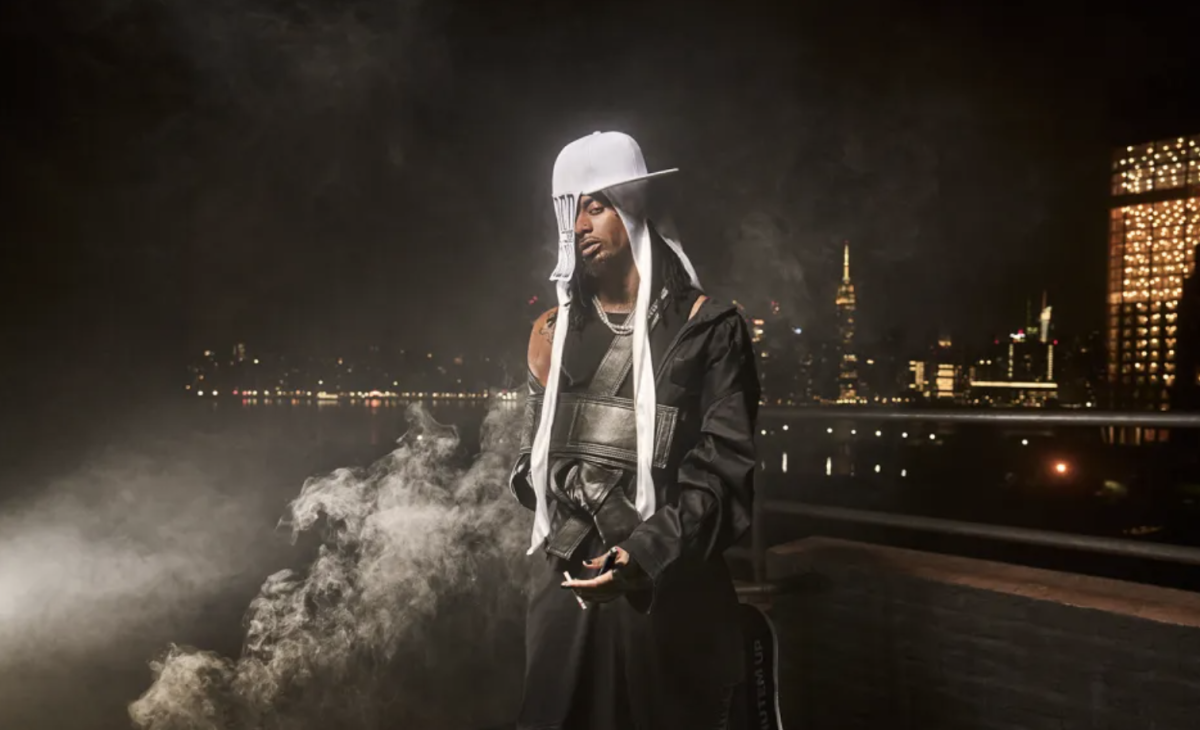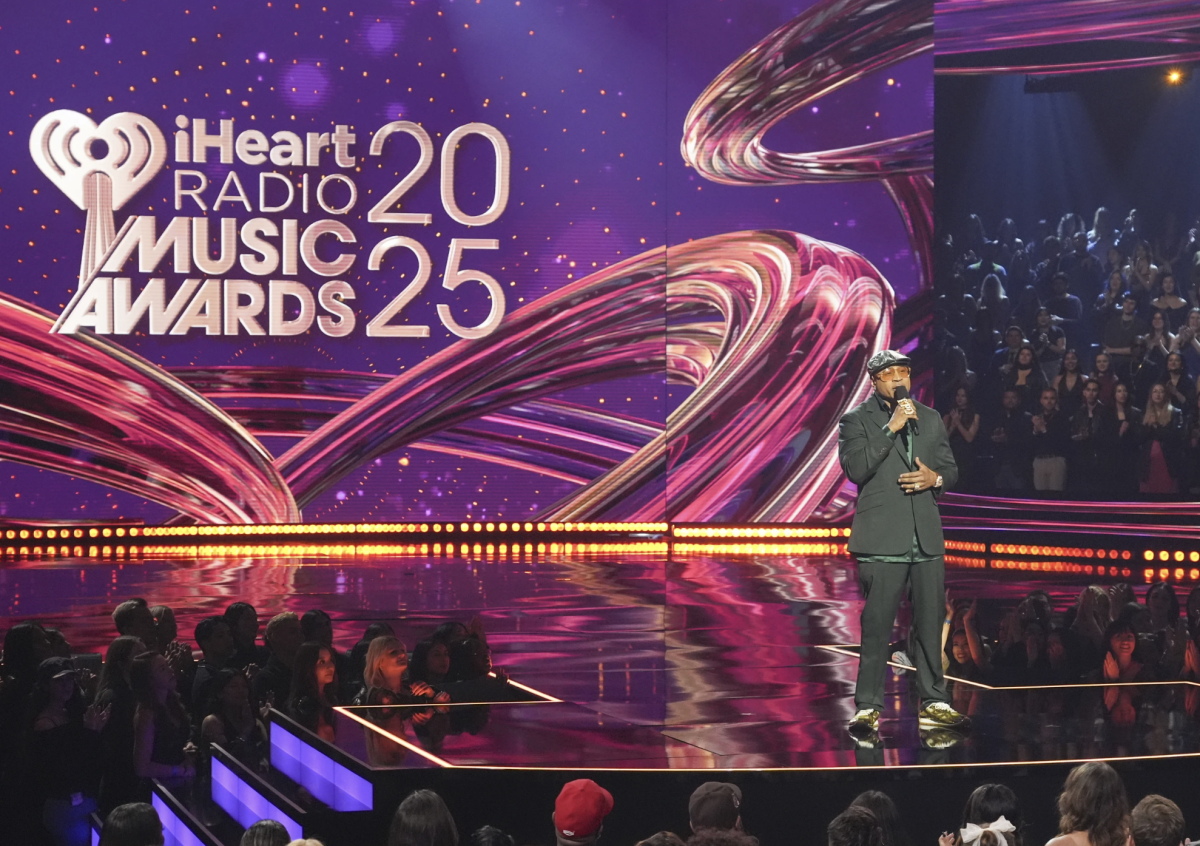As I’m surfing Hulu, catching up on all my favorite shows, I notice a wonderful trend in the world of television. More shows are featuring female protagonists or strong female characters. Television seems to be slowly but surely moving in the right direction.
Women make up 45 percent of series regulars on scripted primetime shows, a 4 percent increase from two years ago, according to a study by GLAAD. This means women are still underrepresented in television programs, but the popularity of strong female characters such as Daenerys Targaryen from HBO’s “Game of Thrones” may pave the way for a greater increase of female characters.
This increase may be partially due to the success of Jennifer Siebel Newsom’s 2011 documentary “Miss Representation,” which exposes the media’s demeaning portrayals of women and how they affect the number of women in influential positions.
Though Tina Fey’s beloved “30 Rock” is nearing the end of its final season, her success has inspired more women to write and produce their own shows.
In “The Mindy Project,” Mindy Kaling portrays a successful OB/GYN, a far cry from her role in “The Office” as boy-obsessed Kelly Kapoor. Lena Dunham not only stars as Hannah Horvath in “Girls,” but is also the show’s creator, director, writer and executive producer.
Fox’s “The New Girl,” ABC’s “Scandal,” NBC’s “Parks and Recreation,” The CW’s, “Emily Owens M.D.,” Fox’s “Bones,” NBC’s “Law and Order: SVU,” are just a few current shows with strong female characters.
But more TV shows are featuring female characters in previously male-dominated fields. “Homeland’s” Carrie Mathison is a CIA officer, Zoe Hart from CW’s “Hart of Dixie” is a doctor and Selina Meyer is the vice president in HBO’s “Veep.”
My favorite powerful lady on television right now is probably Peggy Olson from AMC’s “Mad Men,” who rose from a lowly secretary to a senior copywriter by showcasing her talent at every opportunity and refusing to stay in the background.
In a day when more women attend college than men, it makes perfect sense to have intelligent, driven female characters to mirror the success of modern women.
Women are no longer relegated in the background, and they shouldn’t be portrayed as though they are. Seeing depictions of strong women in the media will only encourage the next generation of women to strive to achieve even greater.
Now if you’ll excuse me, I’ve got a date with Hulu.
Marie Chaney is an 18-year-old fashion and mass communication freshman from Monroe, La.
Culture Club: Increased female presence on TV a positive step
By Marie Chaney
January 28, 2013








